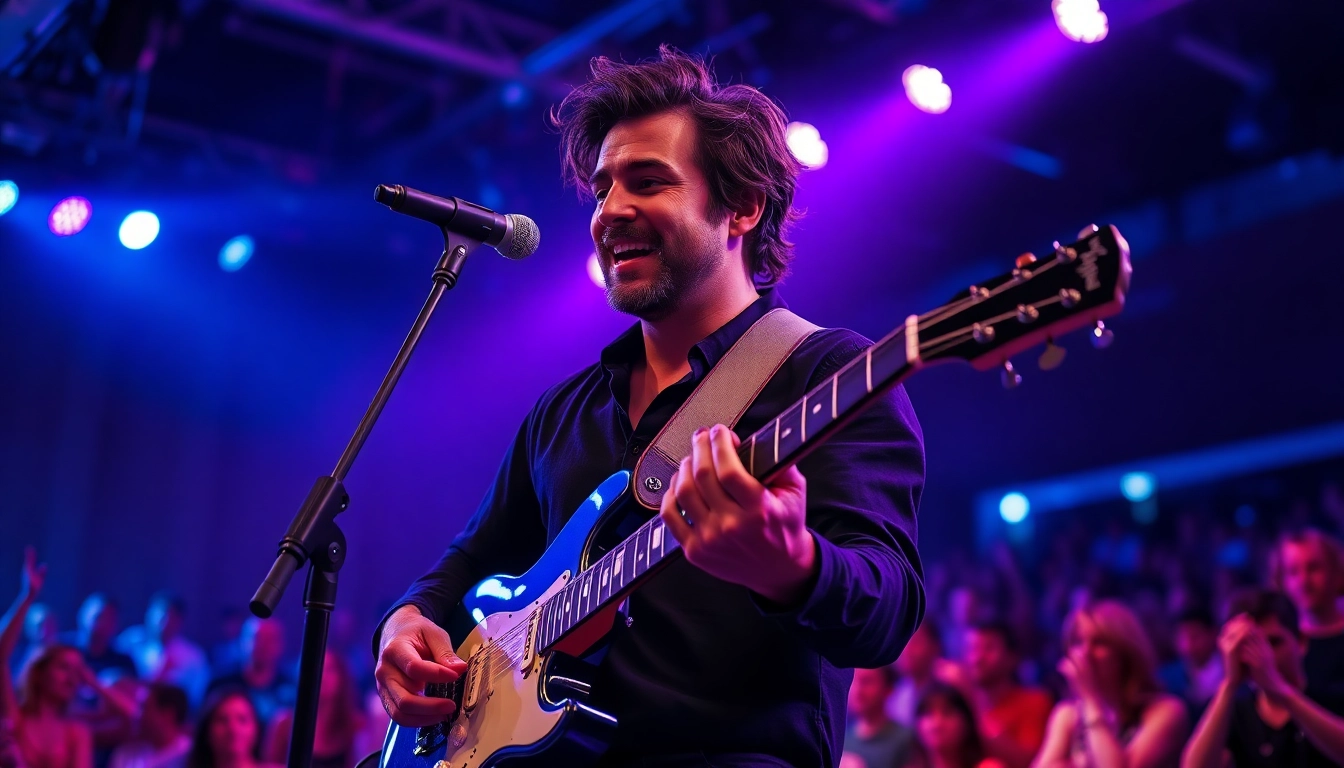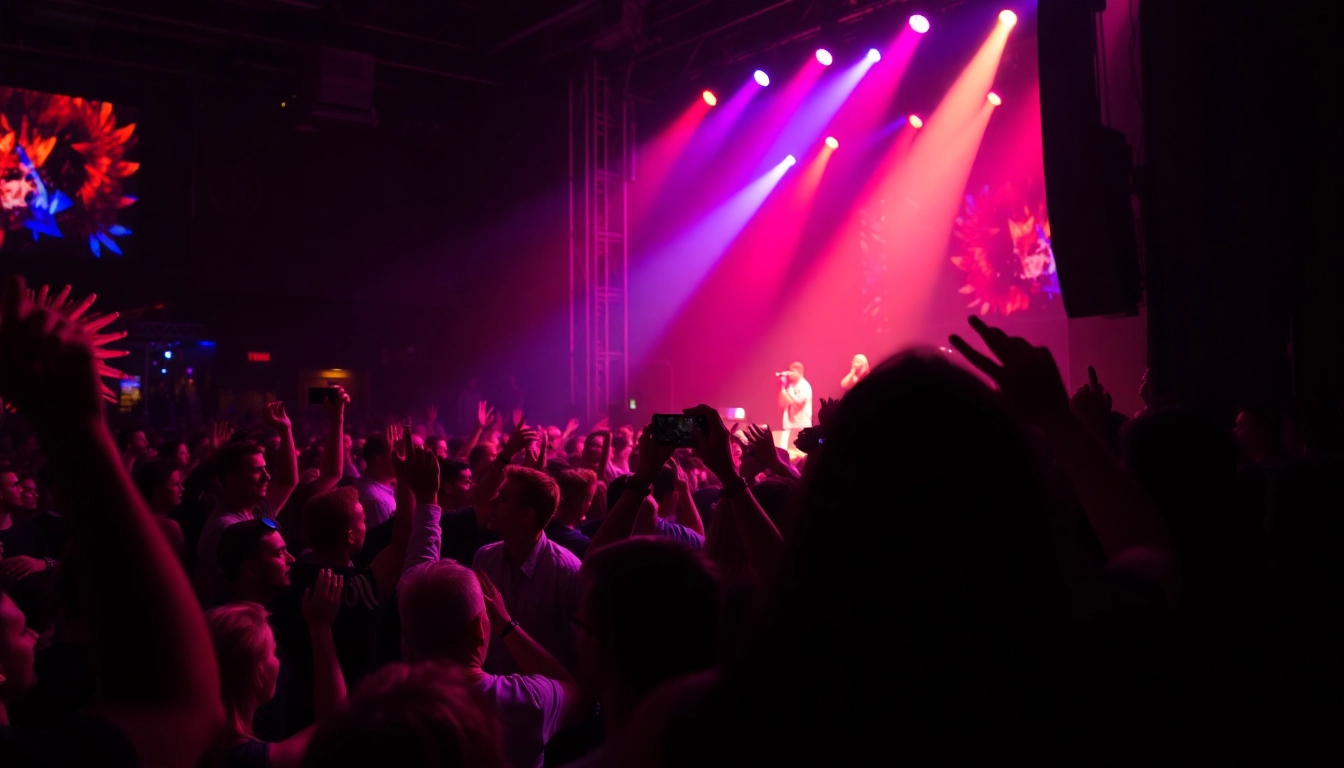The Power of Music in Everyday Life
From lullabies that soothe infants to anthems that propel entire movements, music’s role in our lives is profound and multifaceted. It transcends barriers of language, geography, and even time, striking a chord with every human being. Many of us have experienced this power; a single note can evoke a flood of memories, while a chorus can inspire collective action. It is in this intricate relationship that we find the music that shapes our everyday experiences.
Understanding Why Music Resonates
To comprehend the depth of music’s impact, we must first explore why it resonates so profoundly with us. At its core, it is not just sound; it is emotion encapsulated in rhythm and melody. Neuroscience studies show that listening to music activates multiple areas of the brain, including those responsible for emotions, memory, and motor skills. This multifaceted brain engagement explains why a powerful song can evoke joy, nostalgia, or even sorrow.
Theories suggest that music evolved as a social tool, helping to strengthen community bonds. It has a special ability to forge connections among people, whether at a concert, a party, or simply through shared playlists. Understanding these underlying mechanisms gives us insight into the cultural and individual significance of music.
The Emotional Impact of Different Genres
Different genres of music elicit varied emotional responses, tailored to the experiences and preferences of listeners. For instance, classical music often invokes feelings of tranquility and introspection. In contrast, rock music can drive exhilaration, motivating listeners to tap into their rebellious spirit. Hip-hop, conversely, expresses resilience and social commentary, resonating with listeners who appreciate its narrative depth.
Research indicates the emotional palette offered by each genre can affect not only the mood but also physical reactions, such as heart rate and stress levels. By curating playlists that align with desired emotional states, individuals can harness music’s power for therapeutic benefits, enhancing mental wellbeing and emotional regulation.
Music’s Role in Cultural Identity
Music is a landmark of cultural identity, allowing individuals to express their heritage and values. Traditional music plays a vital role in celebrations, rituals, and community gatherings, often informing younger generations about their ancestry and history. The preservation of these sounds reflects a culture’s evolution, narrating the story of its people through time.
This dynamic makes music a powerful tool for intercultural dialogue, promoting understanding and social cohesion among diverse groups. Festivals and global collaborations demonstrate how music can bridge cultural divides, leading to enriched societal perspectives and collaborative creativity.
Music and Cognitive Development
How Music Affects Learning and Memory
The interplay between music and cognitive functions has drawn extensive scholarly interest. Studies have discovered that music can significantly enhance learning and memory capabilities. For instance, the “Mozart Effect” suggests that listening to classical music can lead to a temporary increase in spatial-temporal reasoning abilities, potentially beneficial in subjects such as math and science.
Using music as a learning tool can improve retention rates and increase engagement. Educators around the world have started integrating songs into their teaching methods, making complex subjects more relatable and fun, thereby fostering a love for learning among students.
The Benefits of Learning an Instrument
Learning an instrument extends far beyond musical proficiency; it cultivates critical skills that contribute to cognitive development. Research highlights that musical training enhances discipline, patience, and time management skills. Instrumentalists often exhibit improved memory and auditory skills, as they develop the ability to process sounds and recognize patterns rapidly.
Additionally, playing an instrument can boost self-esteem and creativity, creating a ripple effect on other aspects of life. As students master challenging pieces, they regain confidence, encouraging them to pursue further challenges in their academic or personal pursuits.
Music Therapy and Mental Health
Music therapy has emerged as a vital holistic approach to mental health treatment. Trained therapists utilize music listening, composition, and performance to address emotional, cognitive, and social challenges faced by their clients. Various studies have shown significant improvements in patients with anxiety, depression, and PTSD when engaged in music therapy sessions.
Tapping into the profound emotional resonance of music allows individuals to express feelings they may find hard to articulate. Moreover, music therapy promotes relaxation and enhances the capacity to cope with stress, spotlighting its essential role in mental health and well-being.
Social Connections Through Music
Music as a Tool for Social Bonding
Music is inherently social; it has the unparalleled ability to bring people together. From concerts to dance parties, shared musical experiences foster connections among individuals, promoting feelings of belonging and community. Engaging with music in social settings encourages food, dance, and heartfelt conversations, enhancing unity and joyful experiences.
Moreover, group activities centered on music—like choir singing or jamming in a group—reinforce collaboration and enhance one’s sense of accomplishment through shared goals. These communal experiences create strong bonds that often lead to lifelong friendships.
Community Events and Their Importance
Community events featuring music are crucial for fostering local culture and identity. Festivals, open mic nights, and local concerts not only showcase artistic talent but also create a platform for community interaction. These events are invaluable for encouraging residents to come together and celebrate collective identity, contributing to civic pride.
Furthermore, when local musicians perform, they bring visibility to their music and talents, often inspiring new artists in the community. The cyclical growth promoted by these events enriches not only the local music scene but also the community as a whole.
Collaborative Music Projects and Friendships
Collaboration in music has the power to yield beautiful artistic outcomes and forge strong friendships. Initiatives that encourage collaborative songwriting, band formations, and community orchestras unite individuals from diverse backgrounds, fostering a spirit of camaraderie that extends beyond music.
Such partnerships enhance creative exploration and often lead to innovative genre-blending. By sharing ideas, resources, and skills, collaborators create music that may resonate with broader audiences, amplifying their collective voices.
The Evolution of Music Technology
Exploring Changes in Music Consumption
The landscape of music consumption has transformed dramatically over the past few decades. The shift from physical media—vinyl, cassettes, and CDs—to digital platforms has revolutionized how we access and share music. For many, streaming services like Spotify and Apple Music have become the primary means of music consumption, providing instant access to extensive catalogs.
This change has spurred a democratization of music access, allowing independent artists to reach audiences without needing major label support. Moreover, algorithms that tailor music recommendations enhance the listening experience, introducing users to artists and genres they may never have explored otherwise.
The Rise of Digital Platforms
The rise of digital platforms has fundamentally changed the music industry dynamics. Social media enables artists to connect directly with fans, fostering meaningful engagements and creating grassroots movements. Platforms such as TikTok have become launching pads for new hits, as viral trends can catapult songs into mainstream popularity almost overnight.
Digital platforms also allow emerging artists to promote their work through user-generated content, enabling a level of creativity and visibility that was previously unattainable. This shift has led to a new era of music marketing, one that prioritizes artist-fan relationships and audience engagement.
Future Trends in Music Technology
As technology continues to advance, we can anticipate further innovations in the music industry. Artificial intelligence is already influencing music creation and production, with algorithms composing original pieces and suggesting edits to recorded tracks. Virtual reality and augmented reality are also emerging tools for immersive concert experiences, allowing fans to engage with music in entirely new ways.
Moreover, the integration of blockchain technology for fairer revenue distribution promises to transform how artists are compensated for their work, ensuring that independent musicians receive a more equitable share of the pie.
The Music Industry Landscape
Key Players in the Music Business
The music industry comprises various stakeholders, including record labels, artists, producers, agents, and streaming platforms. Each player has its role in shaping the industry, driving musical trends, and influencing consumer behavior. Major record labels still hold significant power in the market, often dictating promotional strategies and artist development.
However, the rise of independent musicians and DIY approaches has led to a more diverse landscape. Platforms that support self-publishing and direct-to-fan sales have democratized the industry, providing artists with alternative routes for exposure and success.
Challenges Facing Modern Musicians
While the digital age offers opportunities, it also presents challenges for modern musicians. The oversaturation of the market, with millions of artists vying for attention, can make it difficult to stand out. Compounding issues such as declining revenues from physical sales and increased reliance on streaming services complicate financial stability for many musicians.
Musicians must navigate changing audience dynamics, adjusting marketing strategies to adapt to evolving consumer preferences. Building a personal brand and maintaining an active online presence has become critical in today’s competitive landscape.
Marketing Strategies for Musical Success
Effective marketing strategies are essential for musicians to differentiate themselves in a crowded industry. In the current landscape, a strong online presence is non-negotiable. Musicians should leverage social media platforms to showcase their personalities, engage with fans, and share new content regularly. Email newsletters and personalized updates can foster a loyal listener base that feels connected to the artist’s journey.
Collaborative projects and creative partnerships provide additional avenues for exposure, allowing artists to tap into each other’s fan bases. Social proof, in the form of reviews and testimonials, further enhances credibility, encouraging new listeners to explore an artist’s work.



